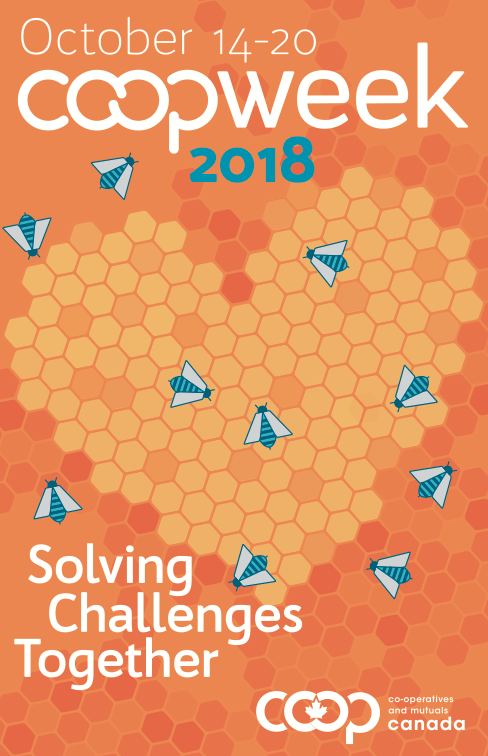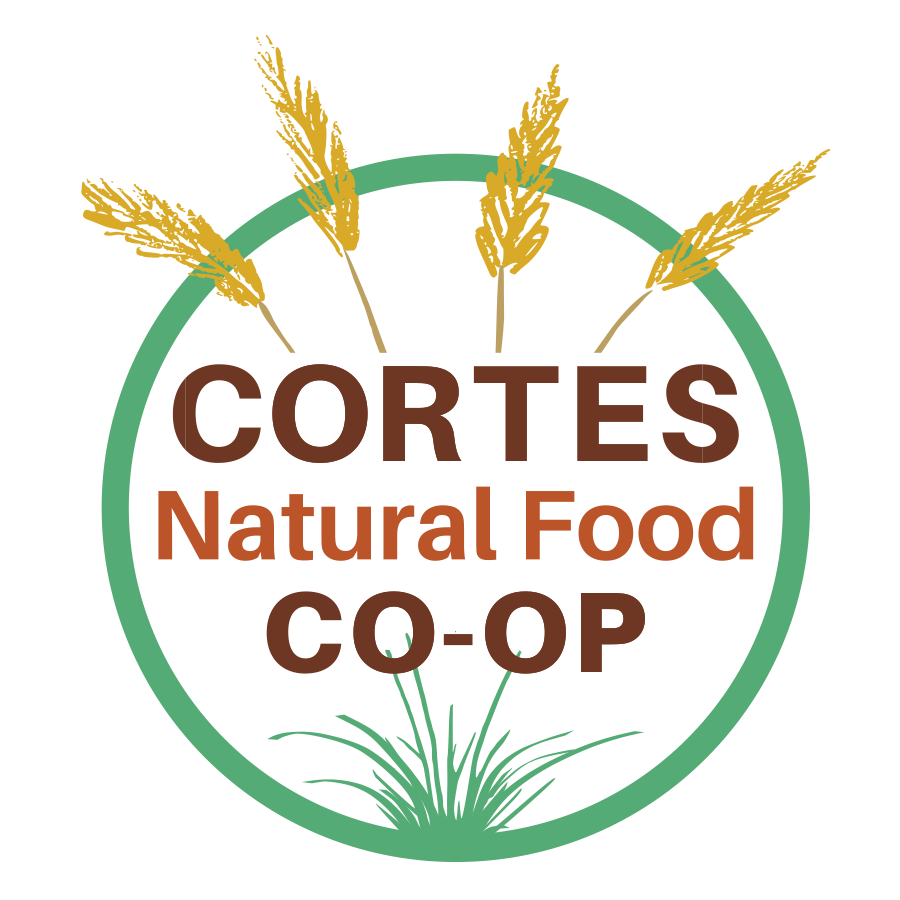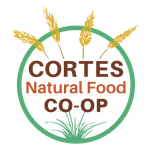Being a member of a cooperative means being a part of something larger. The Cortes Natural Food Co-op is celebrating National Co-op Week along with the nearly 50,000 other co-operative businesses serving more than 135 million people across North America. Co-op Week takes place from October 14th to 20th in Canada and October is Co-op Month in the United States.
There are many ways that co-operatives help to build stronger communities and stronger local economies. Our Co-op had nearly $1.85M in sales last year, with all of those dollars being reinvested in the business. On average, for every dollar spent at a local food co-op, another $1.60 is generated in the local economy.
Consider these ways that co-ops build and invest:
Co-operatives Build Trust: Most Co-ops (like ours) strive to adhere to the seven cooperative principles, which combine to help build trust between the co-op, its members and the community. For example, the first principle is Voluntary and Open Membership, which means that we are a voluntary organization open to all
people to use our services and willing to accept the responsibility of membership. The second principle, Democratic Member Control, gives members a voice in the cooperative’s policies and decisions. Through the fifth principle, Education, Training and Information, co-ops enable their members to contribute to the organization’s development.
Co-operatives Build Community: The seventh cooperative principle is Concern for Community. Co-operatives work for the sustainable development of their communities through employee involvement in local organizations, through charitable contributions to community efforts and through support for
schools. At CNFC, we consider the whole community in our decision-making processes. For example, during the land purchase process, we had a number of member visioning session and we relied on volunteers – both as individuals and in committees – throughout the process. The fund-raising effort depended on all of our members, and we now hold the land in stewardship for the community. Any future development of the property will certainly involve similar community-based and member-driven processes.
Co-operatives Build Jobs: Co-ops generate jobs in their communities and keep profits local. Some co-ops take part in community improvement programs, ensuring that everyone has an opportunity to benefit from the co-op experience. At CNFC, we’ve greatly increased employment opportunities over the past seven years. We’ve gone from a schedule of 200 hours per week (5 full-time equivalents) to nearly 400 hours per week (10 full-time equivalents) – and that’s just the winter schedule!
Last summer, we had 37 people on our payroll for a total of 550+ hours per week. During our last fiscal year, we paid out nearly $430,000 in wages!


